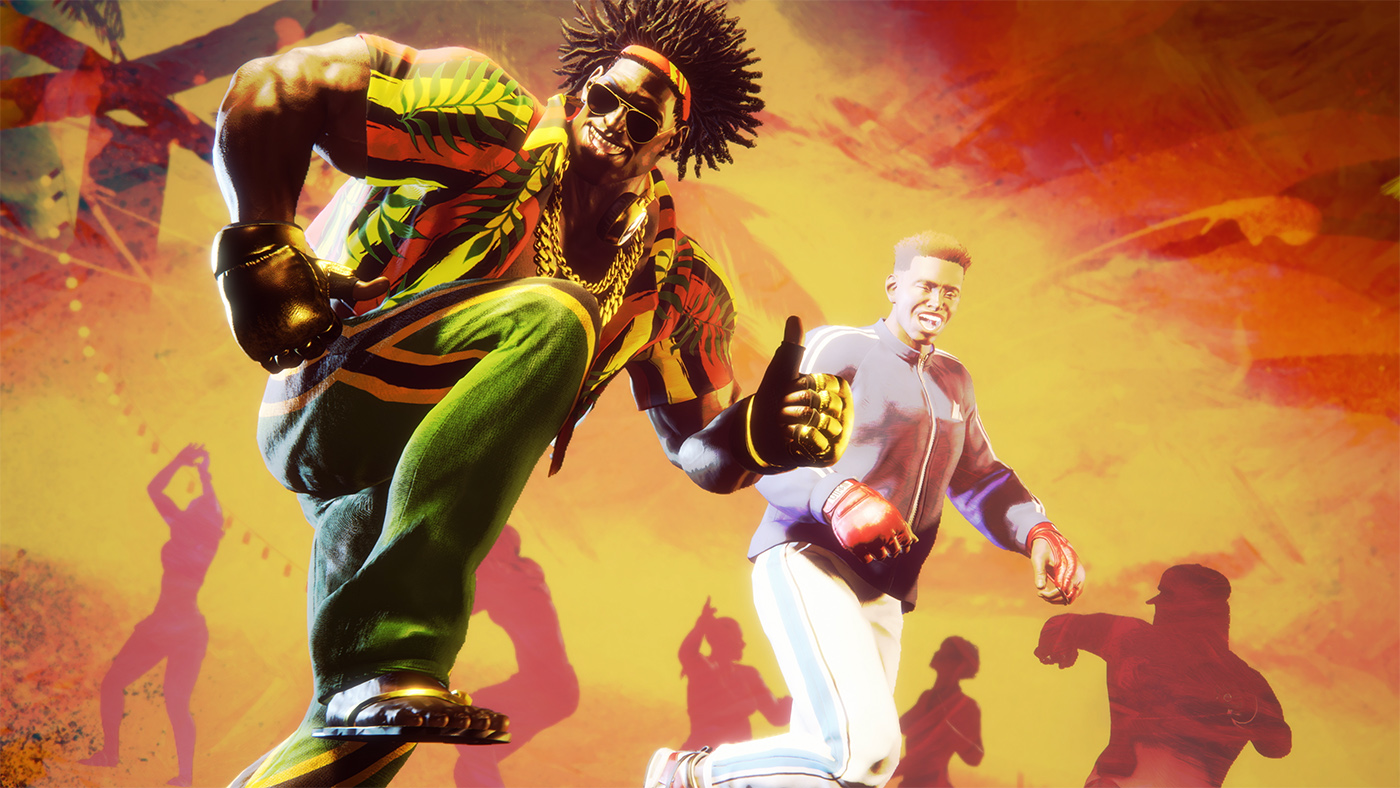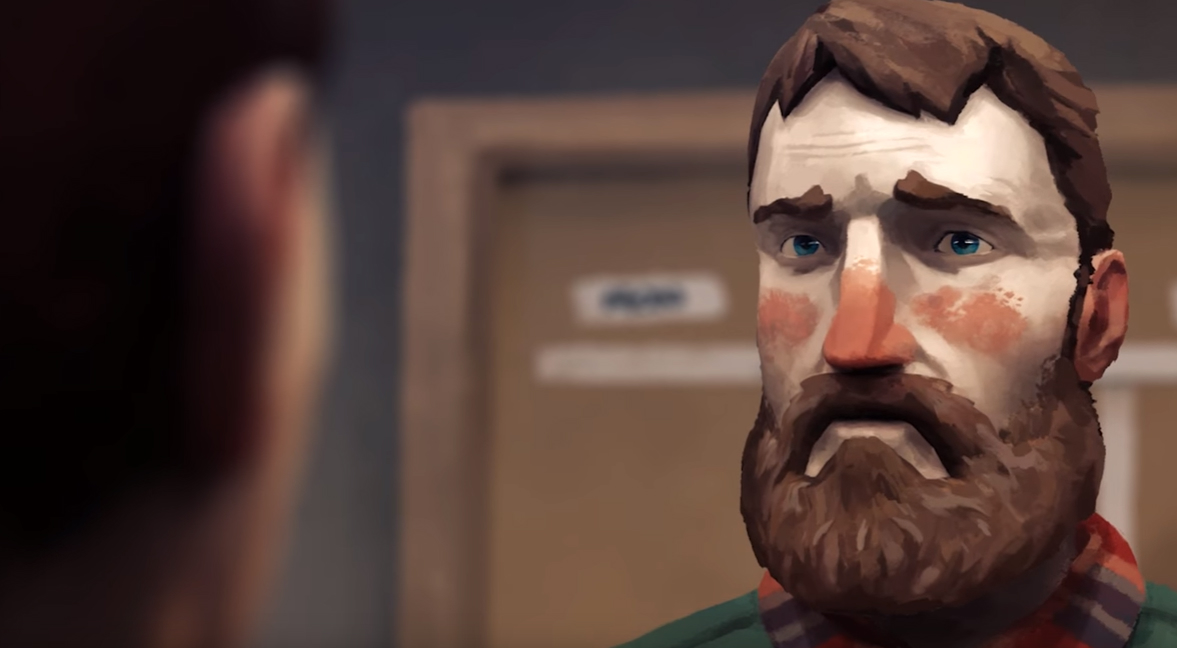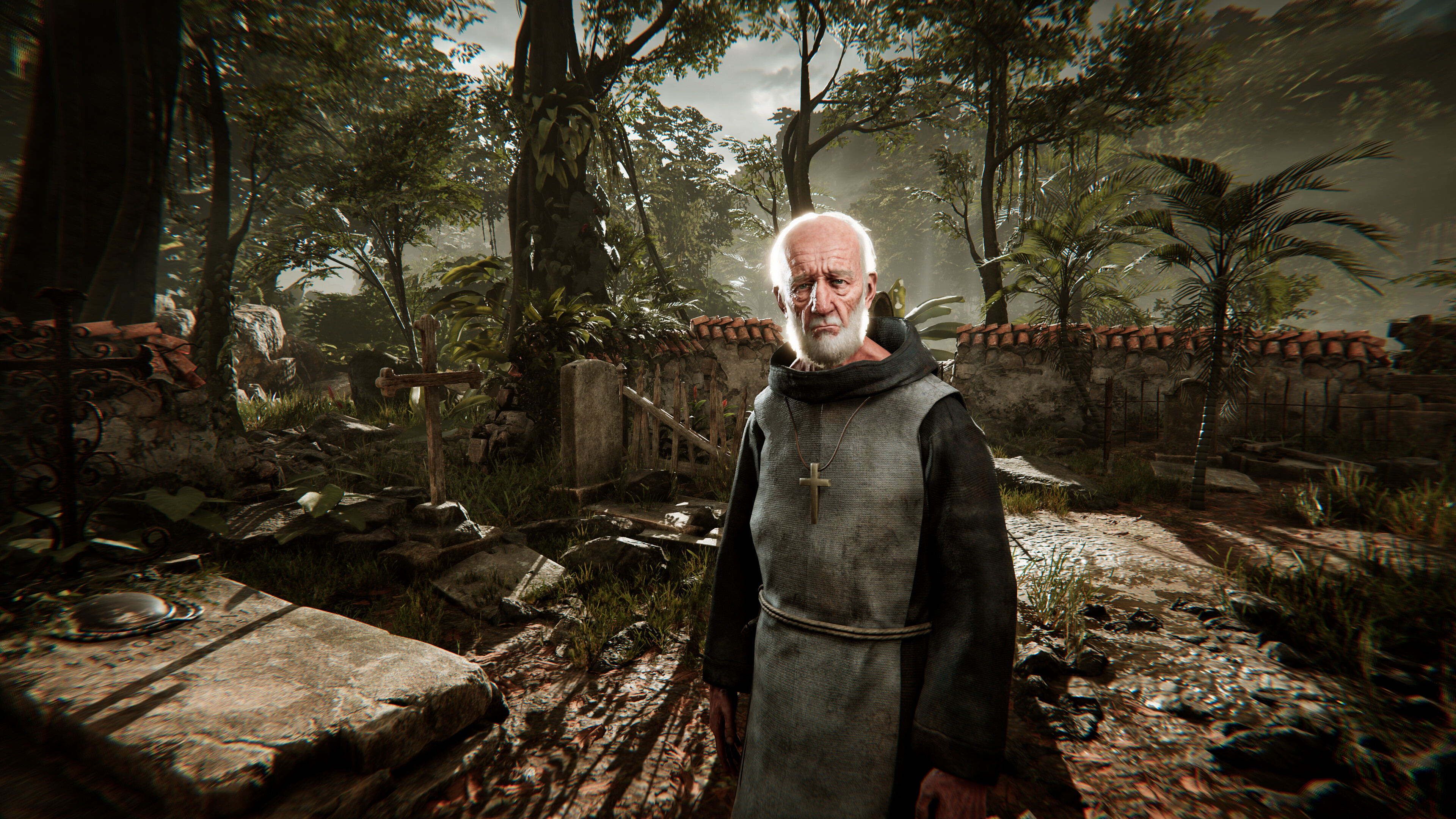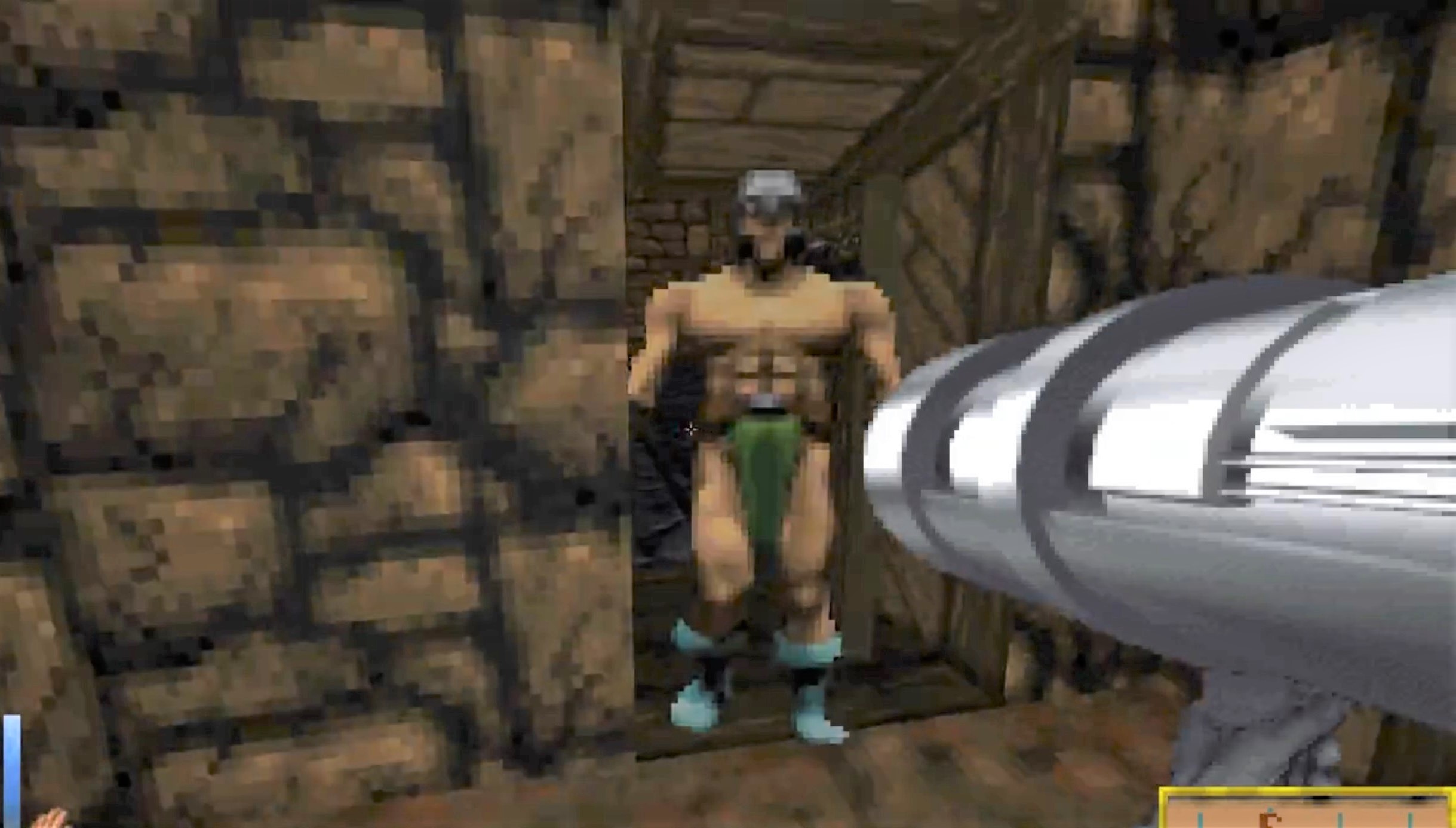
Capcom found the perfect goofy tone for its first proper Street Fighter adventure.
I truly cannot believe Capcom has done this. It’s made a gigantic fighting game with a classic arcade mode, bottomless tutorials and training options, a variety of new combat mechanics that all seem to gel… and also, on top of all that, the cheesiest, most absurd story mode in fighting game history. Capcom has essentially built one of Sega’s Like a Dragon (aka Yakuza) games, but replaced the gangsters with their own quirky NPCs who live to fight and think Chun Li is just as cool as I do.
I use the words cheesy and absurd with nothing but love here. Instead of taking its lore deadly seriously a la the Mortal Kombat story modes of the last decade, Street Fighter 6 started with the premise “what if everyone in the world freaking loved Street Fighter” and found a way to treat its iconic characters as celebrities in their own world.
Rather than playing as one of Street Fighter’s established cast members, you design your own character for the story mode, and physical comedy ensues immediately: you can use the surprisingly detailed character creator to build one goofy-ass looking fighter. Your fighter’s dialogue isn’t voiced, so they bumble through every cutscene with exaggerated Charlie Chaplin faces.
You start as the apprentice of new series star Luke, who immediately sends you out into the city to learn the ropes of street fighting instead of training you in his dojo. When I say everyone in this game loves Street Fighter, I mean it. All anyone wants to talk about is fighting. Every last NPC has a level ranking to tell you how strong they are. One of my first missions is to buy a hot dog from a cart. I can press A on a controller to buy the hot dog, or X to fight him, insead. He is psyched that I want to fight. Literally no one in this game will pass up the opportunity to spar, even if they’re in the middle of shopping or commuting to work.
Street Fighter 6 brings to life something I’ve always imagined as part of the internal logic of kung fu movies—that somehow everyone in the world knows kung fu and is ready to bust it out at a moment’s notice. Kung Fu Hustle played with this trope brilliantly, with two kung fu masters being schlubby apartment complex landlords. And I think the Yakuza series took some inspiration there, too—while their game worlds are full of normal people who don’t get into fights, the streets are also packed with roaming gangs ready to get into an all-out brawl in front of 7-Eleven day or night.
I kept thinking of Yakuza as I played the first couple hours of Street Fighter 6’s story mode. Metro City, a nice callback to Final Fight, echoes the dense alleyways of Yakuza’s Kamurocho. There are gangs roaming around, wearing cardboard boxes on their heads for some reason (the reason is it’s funny) eager to fight you, just like in Yakuza. There are goofy minigames to find, like becoming the best board-breaker in the district, just like Yakuza. I wouldn’t be surprised if I end up singing karaoke with Ken at some point, while Ryu sulks in the corner.
There are weird characters to talk to all over the place who aren’t part of Street Fighter’s playable cast of characters—I’m pretty sure that’s a series first. It feels like a clever way for Capcom to test out potential characters for future DLC while also putting legends like Chun-Li around normal people. She teaches martial arts in Chinatown, and has one follower who looks up to her so much he won’t even spar with you if you dare come equipped with another fighting style.
At Capcom’s office I got to play a bit further into World Tour than is available in the current demo, but not enough to really get a sense for how long the mode is, or how many of Street Fighter 6’s characters feature in it. But it seems big, with sidequests to pick up, a whole skill tree for upgrading your attacks, and day/night differences for the city. Where it splits from Yakuza is in the storytelling—expect fewer lengthy, dramatic cutscenes and more of the breezy farce of Yakuza’s best side missions. You could probably set the entirety of World Tour to “Everybody was kung fu fighting” without it ever being tonally inappropriate.
This schtick might wear thin after a few hours, or maybe World Tour will surprise with a story that goes a bit deeper. But at the very least it seems like proof that Street Fighter can support an action game that colors in these characters’ stories outside the borders of their arcade mode vignettes.
(Image credit: Capcom)
For years Yakuza has been carrying the torch for a certain style of Japanese game that feels to me born from the Dreamcast and PlayStation 2 era, and has since all but died off. World Tour is very much one of those games. Street Fighter never got a Mortal Kombat: Shaolin Monks, but it should have, dammit—Mortal Kombat had a lot of misses in its heyday, but it understood that it was fun to play as those characters outside the bounds of a 1-on-1 slugfest.
If this mode is the hit it seems destined to be, give me the full-fledged spin-off following Charlie Nash’s battle with Shadaloo. Give me the hand-drawn buddy beat-em-up starring Ken & Ryu. Give me the WarioWare minigames hosted by Dan Hibiki. Give me whatever the hell Street Fighter’s version of Metal Slug Tactics could be.
It’s been so long since Capcom really messed around and had fun with these characters, it’s a thrill to see them given the chance to do something a little new. Street Fighter 6 as a whole seems to be making a confident statement that Street Fighter is forever, but just making a great fighting game isn’t enough for today’s Capcom. Why stop there? Street Fighter can be anything, and anyone can be a street fighter. Even the hot dog guy.






